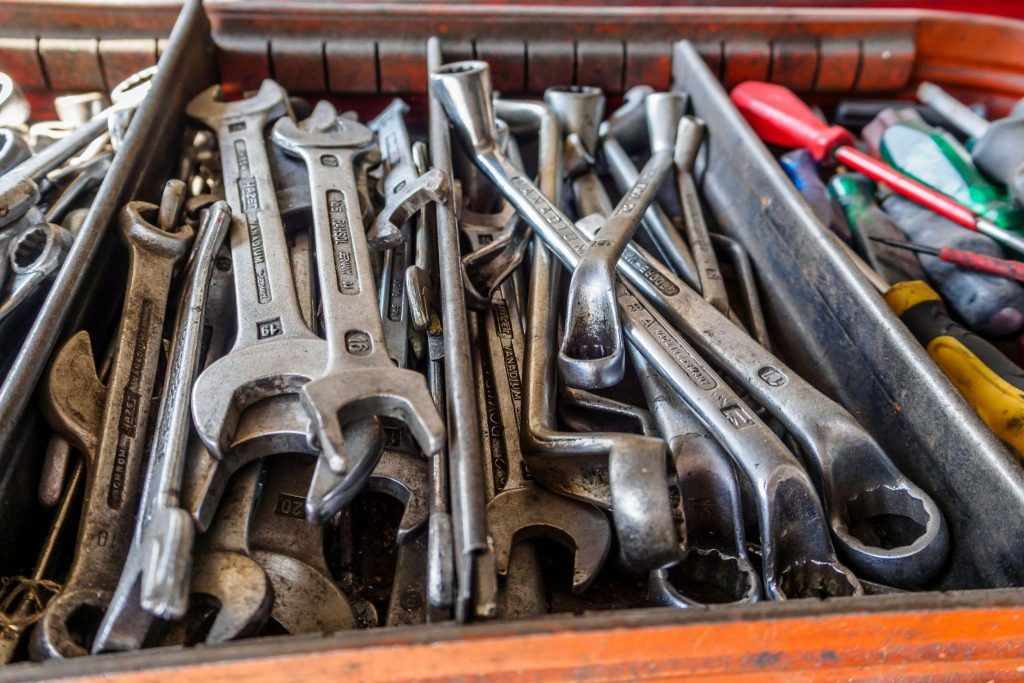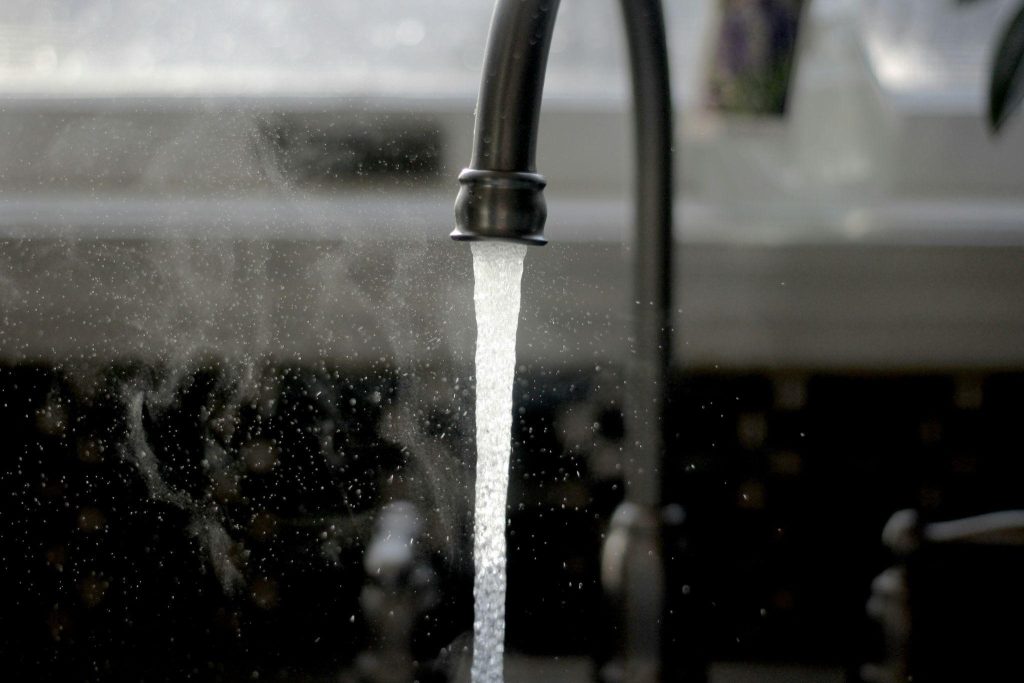Plumbers specialize in installing, repairing and maintaining pipes and fixtures used to deliver water and dispose of waste in both residential and commercial settings. This in-demand trade job demands strong customer service skills as well as physical endurance to be successful.
Plumbing systems are used in every building to manage indoor climate, remove waste and supply clean water to homes. Discover more about what it takes to become a plumber and the career opportunities this field presents.
Skills
Plumbing is a physically demanding profession and plumbers must be comfortable bending, lifting, crouching and climbing in tight spaces while being physically fit enough to work from ladders and stairs. In addition, they require outstanding customer service skills for communicating complex plumbing issues in an understandable manner to homeowners while prioritising safety protocols while offering suggestions that minimize miscommunication or conflict between them and homeowners. Clear communication helps avoid misinterpretations and conflict.
Plumbers need to be adept at soldering and pipe fitting techniques in order to join pipes correctly, as well as using tools such as drills, saws, augers and power wrenches. Furthermore, they must understand blueprints and technical schematics as well as read blueprints or technical schematics with ease. Many plumbers also utilize computerized tracking systems in order to track inventory levels, create cost estimates and plan project schedules more effectively.
Plumbing careers demand hard work ethic and meticulous detail. A successful apprentice will have a “don’t give up” mentality that allows them to confidently tackle complex plumbing problems with ease, reflecting positively in other aspects of their life and helping advance in their trade.
Commercial and industrial plumbers must collaborate with architects and construction teams to integrate plumbing systems into large buildings such as retail stores, office buildings, hospitals or factories. Plumbers working in such environments must be capable of reading blueprints and understanding complex plumbing systems such as fire sprinklers, water supply lines and drainage networks.
As plumbing is a highly technical field, plumbers must keep abreast of emerging technologies and equipment. To succeed at their profession, they need to identify any existing plumbing system issues quickly while installing new fixtures or components to increase earning potential. Being up-to-date can open many opportunities for plumbers.
Education
To be a plumber is to undertake extensive education and training. Individuals interested in this career should look into earning their high school diploma or enrolling in vocational school programs that offer classes on plumbing systems, pipe fitting and welding techniques, blueprint reading safety protocols, water piping methods design sewage disposal treatment as well as residential/commercial maintenance. You can learn more about sewage disposal by clicking the link.
Once they’ve completed a formal education program, aspiring plumbers should look for an apprenticeship opportunity. Doing so will enable them to learn alongside experienced plumbers while receiving mentorship on the trade from experienced mentors. Take every chance you get to learn and ask questions; taking full advantage will build your resume while giving you work experience for becoming licensed as a plumber.
Once a prospective plumber has successfully completed an apprenticeship, they are eligible to apply for their license. While this process varies by state and region, typically it involves passing an exam that tests your knowledge of plumbing codes, regulations and practices as well as documenting minimum work hours needed in order to become a journey plumber.
As well as possessing both education and licenses, plumbers must also possess a strong customer service focus in order to engage effectively with clients. This means being courteous to each customer while listening carefully to their needs while always providing clear and precise information at all times.
As plumbing is an ever-evolving field, plumbers should seek opportunities for training and improvement to remain current with industry standards and best practices. This is essential for Plumber Sydney because legal codes are constantly changing. Many plumbing businesses provide ongoing training courses for employees; this provides an excellent way for aspiring plumbers to stay current with advancements within the field and better serve customers.

Experience
Plumbers specialize in installing and repairing pipe systems used for water distribution and waste removal in residential, commercial, and industrial settings.
This work may involve pipes made of copper, steel, plastic (PVC) or cast iron piping materials. They may also install and maintain appliances like toilets, showers, faucets, sinks and water heaters. You can click the link: https://www.energyrating.gov.au/industry-information/products/electric-water-heaters to learn more about water heaters.
Plumbing professionals must possess excellent customer service skills in order to communicate with clients about their plumbing issues and offer solutions. In addition, they must work well with other tradespeople on construction sites including electrical contractors and gas fitters, who require attention to detail as well as collaboration skills as well as physical fitness to perform heavy labor for extended periods.
Career as a plumber may not be for everyone, as it can be dangerous and physically demanding work. However, for those who appreciate problem-solving using their hands and tools like wrenches, drills, soldering guns and other hand tools as well as power tools and specialized equipment they may be useful tools to diagnose issues and make repairs as well as adhere to safety protocols when working with hazardous materials or in confined spaces.
A plumber’s work environment depends on the nature of his or her plumbing project at hand. For instance, service and repair plumbers typically work directly in people’s homes or businesses to address plumbing issues like leaks and clogged drains; typically during day hours and must be available after-hours or weekends for emergencies such as leak repair services or drain clearing.
Plumbers perform a range of services, but typically include inspecting and testing existing pipe work; installing new pipes or fixtures; connecting waste disposal systems to drainage systems; power flushing central heating systems; maintaining and repairing water heaters, power flushing central heating systems as needed, maintaining and repairing water heaters when necessary, fixing leaky taps, shower heads and valves as needed, unblocking sinks and drains as necessary, providing maintenance advice, conservation strategies as needed etc.


